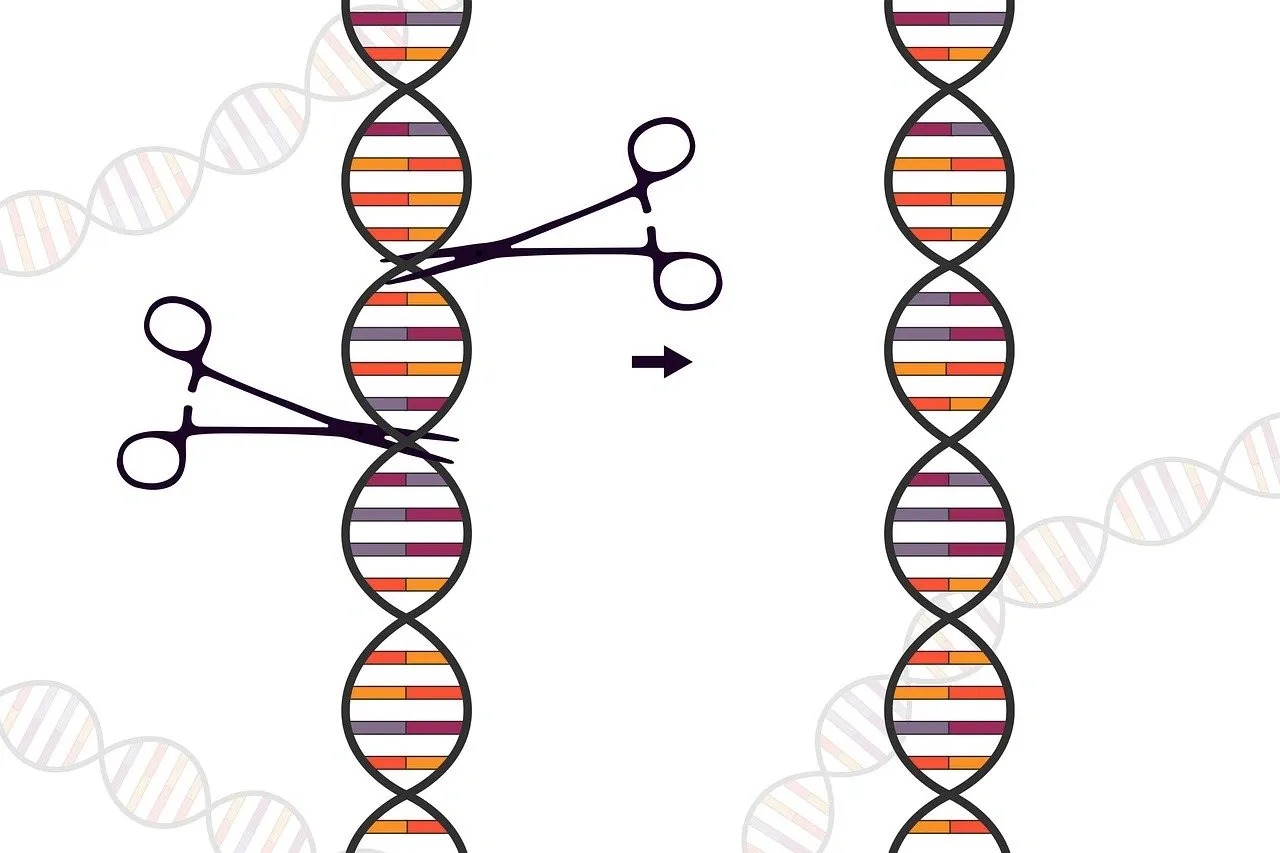
The winners of the Nobel Prizes are announced in October each year, and this year’s science Prizes represent significant advances in our knowledge. I’m super excited by this year’s Nobel prize in Chemistry, given to Jennifer Doudna and Maxine Charpentier for their CRISPR work. This tool, which “allows researchers to change the DNA of animals, plants, and microorganisms with extremely high precision,” is already changing the world in exciting and sometimes controversial ways. This year’s Prize is the first time two women have split the award, and only a total of 7 women have ever won a Nobel Prize in Chemistry, and 19 in full for any category.
https://www.nobelprize.org/prizes/chemistry/
The Nobel Committee awarded this year’s Prize in Medicine to Harvey J. Alter, Michael Houghton, and Charles M. Rice for discovering the Hepatitis C virus. Their work has enabled blood tests for the virus, which have “essentially eliminated post-transfusion hepatitis in many parts of the world.”
https://www.nobelprize.org/prizes/medicine/
Roger Penrose, Reinhard Genzel, and Andrea Ghez share the Physics prize for showing a black hole is theoretically possible (Penrose) and discovering a massive object at the center of our galaxy that is consistent with a black hole (Genzel and Ghez).
https://www.nobelprize.org/prizes/physics/
Competing for and winning a Nobel prize is an interesting story itself. One accessible account is in Venki Ramakrishnan’s book “Gene Machine” about the ribosome’s form and function in cells. He shared the 2009 Chemistry prize with Thomas Steitz and Ada Yonath.
https://www.nobelprize.org/prizes/chemistry/2009/summary/
science
Reach out to me if you want to know more or discuss your medical product development challenges.
https://www.linkedin.com/company/katrina-rogers-consulting-llc
https://calendly.com/katrinarogers
Text Copyright © 2020 Katrina Rogers
Photo courtesy of Pixabay
